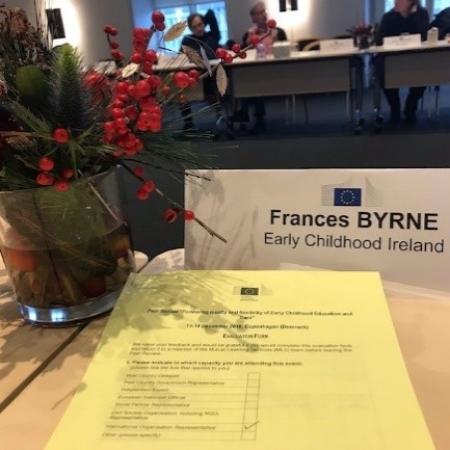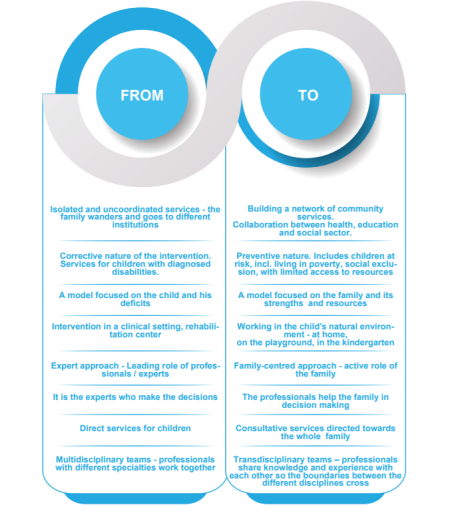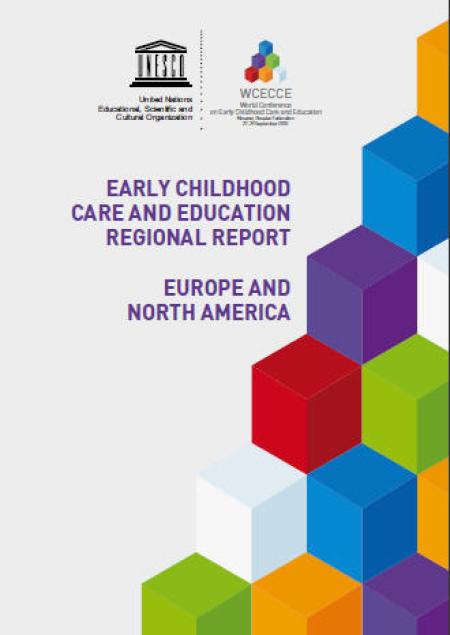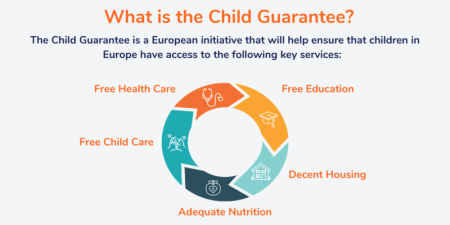
The Peer Review included representatives from hosts, Denmark, the European Commission and invited experts; as well as government officials and academics from Bulgaria, Cyprus, France, Germany, Luxembourg and Malta.
Each Member State had prepared a paper in advance, and these along with thematic papers from experts and the European Commission, provided the basis for their work over the two days. The participants undertook a thought-provoking quality mapping exercise and on the last morning, they visited a local early years setting, just outside the city centre.
The diversity of the various ECEC systems was on full display during the working groups. Several countries, including Ireland, are embarking on reforms or systemic changes, which practitioners, academics, advocates and policy makers anticipate will be transformative for children and their families. Frances was encouraged to share news from Ireland, which is launching its first ever early years strategy, ‘First 5’, which Early Childhood Ireland hopes will address the many challenges which our sector here faces.
It was far less encouraging to learn about changes which were going through the Danish parliament during her visit, and which will see education for very young children become compulsory in 43 areas, which have mostly refugee populations. If parents do not co-operate, they will face welfare sanctions, though the government representatives stressed that this would be very much a last resort. Frances adds: “This was especially poignant when we visited a wonderful setting in a disadvantaged area, where many of the children were from a refugee background. Each of them said a happy goodbye to their smiling parents and ran in through the gate to play outside with friends near the animals which are part of their everyday learning environment.”
The Danish system is focused on the qualifications of pedagogues and trusts them to implement an agreed curriculum which is evaluated supportively by the local authorities. The contrast with Ireland and indeed other EU member states, gave most of the participants much food for thought. This is certainly something which Early Childhood Ireland will bring back home to policy makers.
Achieving quality via the curriculum and ensuring there is sufficient flexibility for families were key shared learning messages from the Peer Review. For all of the participants in their various countries and for all Eurochild members, it was noteworthy, at the final session, to hear one of the Commission’s representatives mention in his summary, the importance and centrality of the forthcoming ‘Child Guarantee’ from 2019 onwards, which Eurochild is playing such a key role in developing.
If you would like to learn more about the about the Peer Review, further information, including the papers which were presented by the various countries and the invited experts, is available at this link, which will also, in time, have the final synthesis report.
Email Frances Byrne of Early Childhood Ireland for more information.











